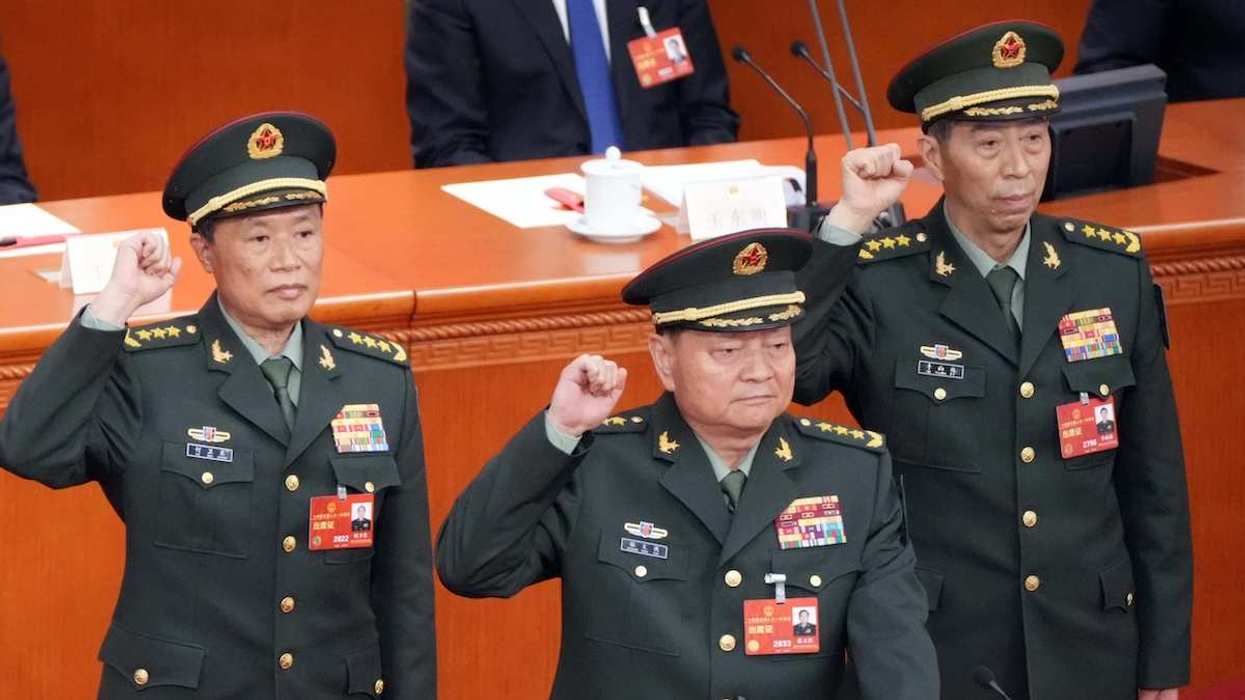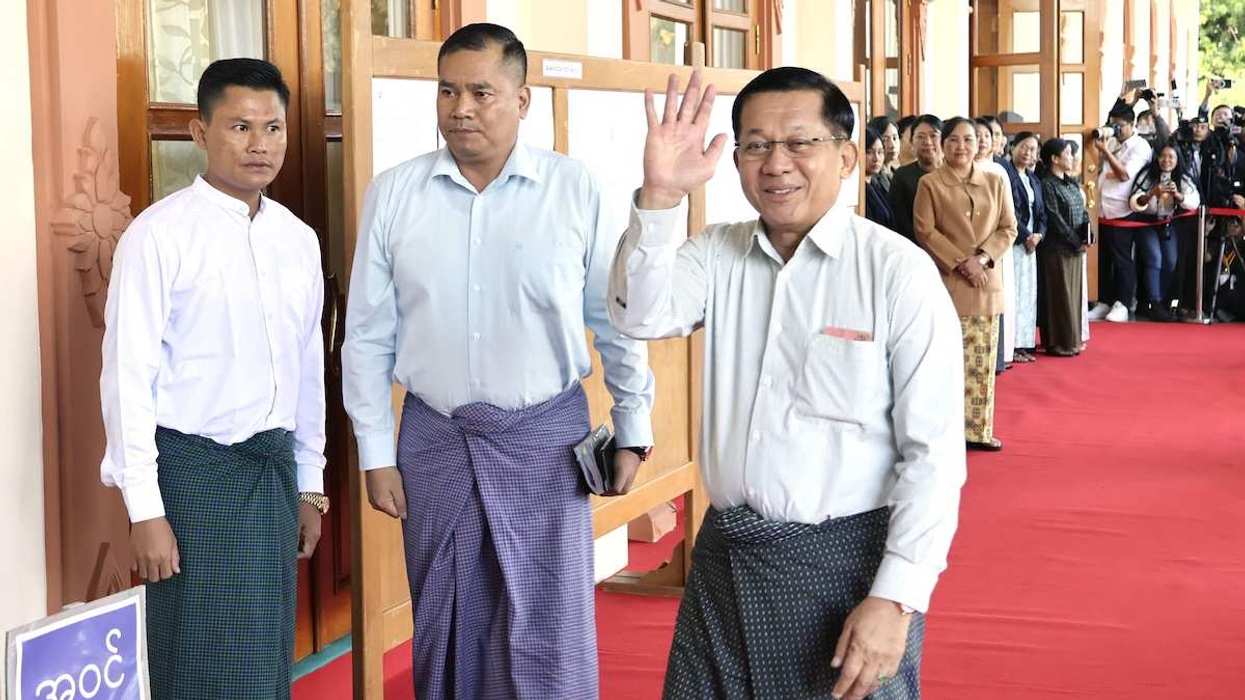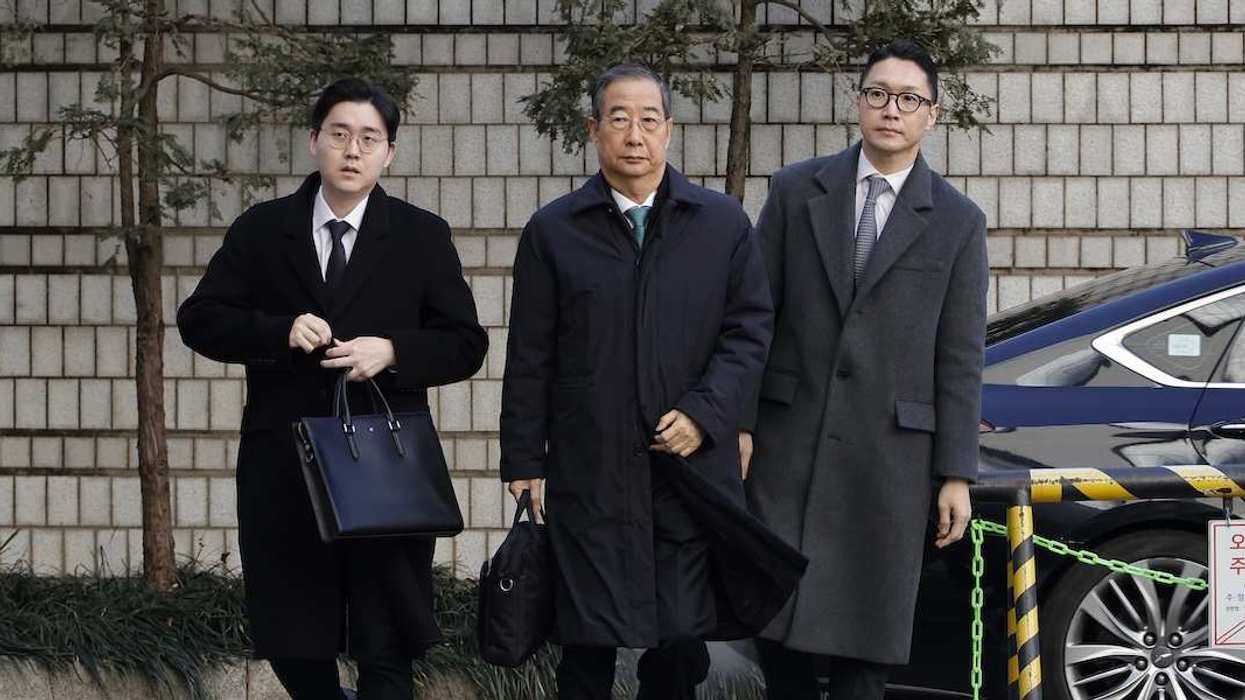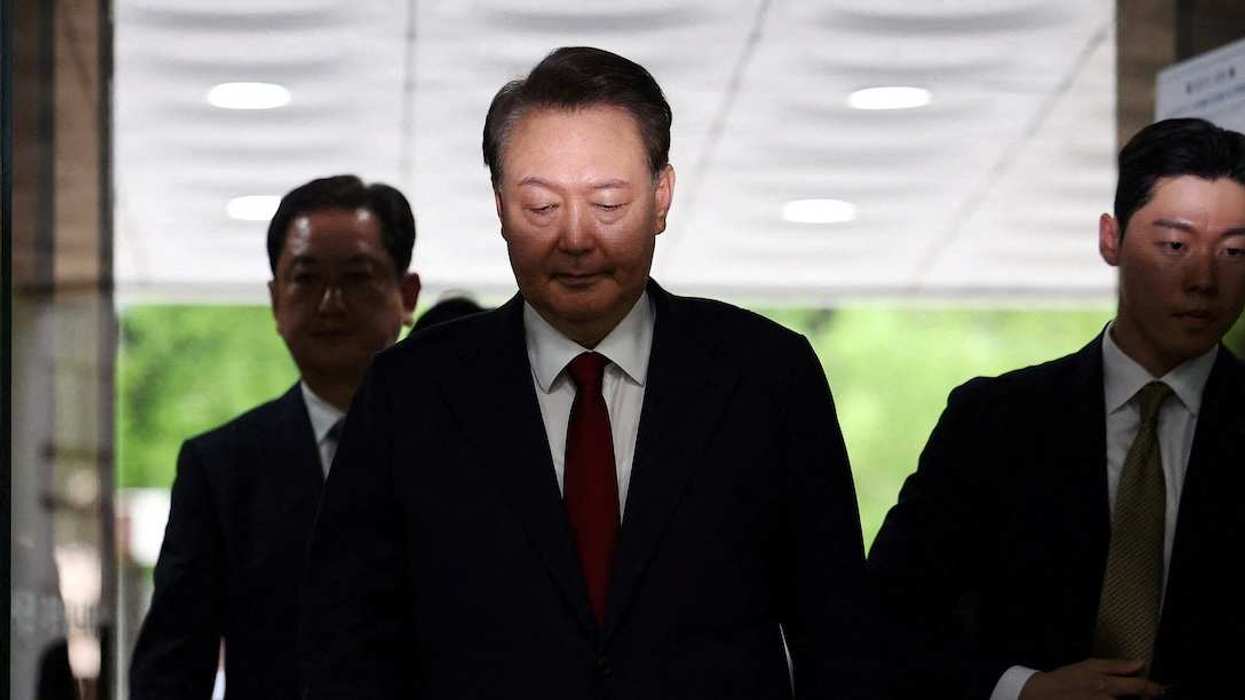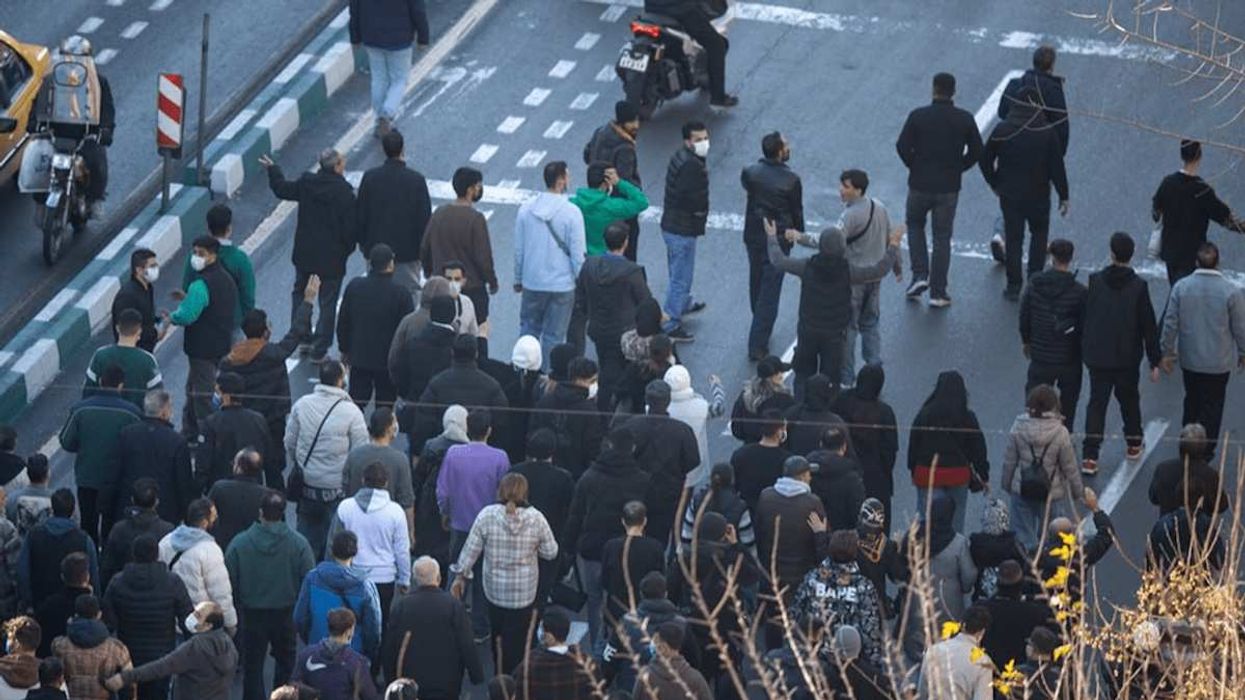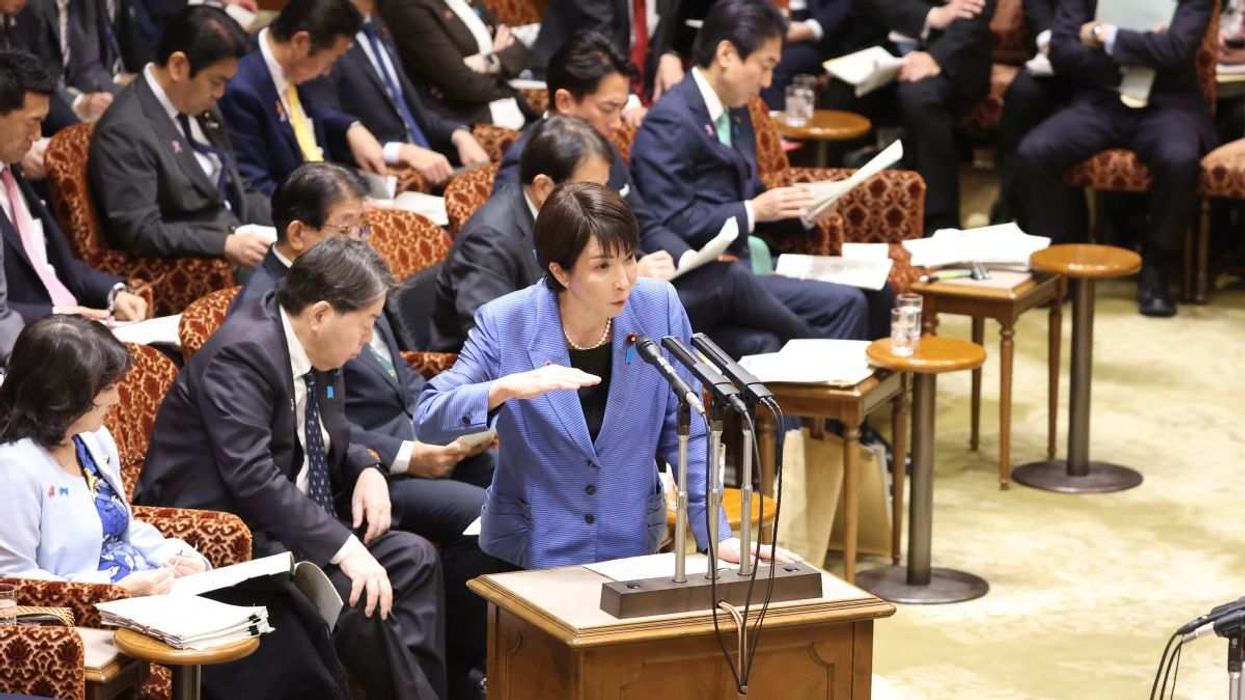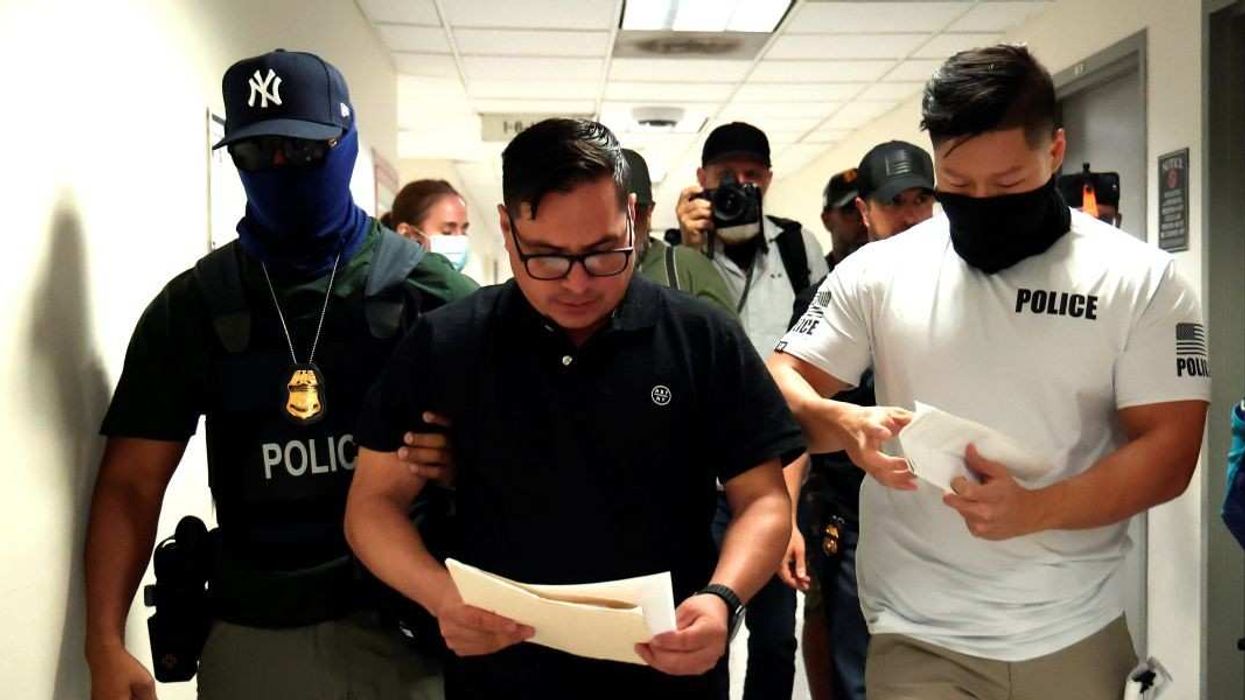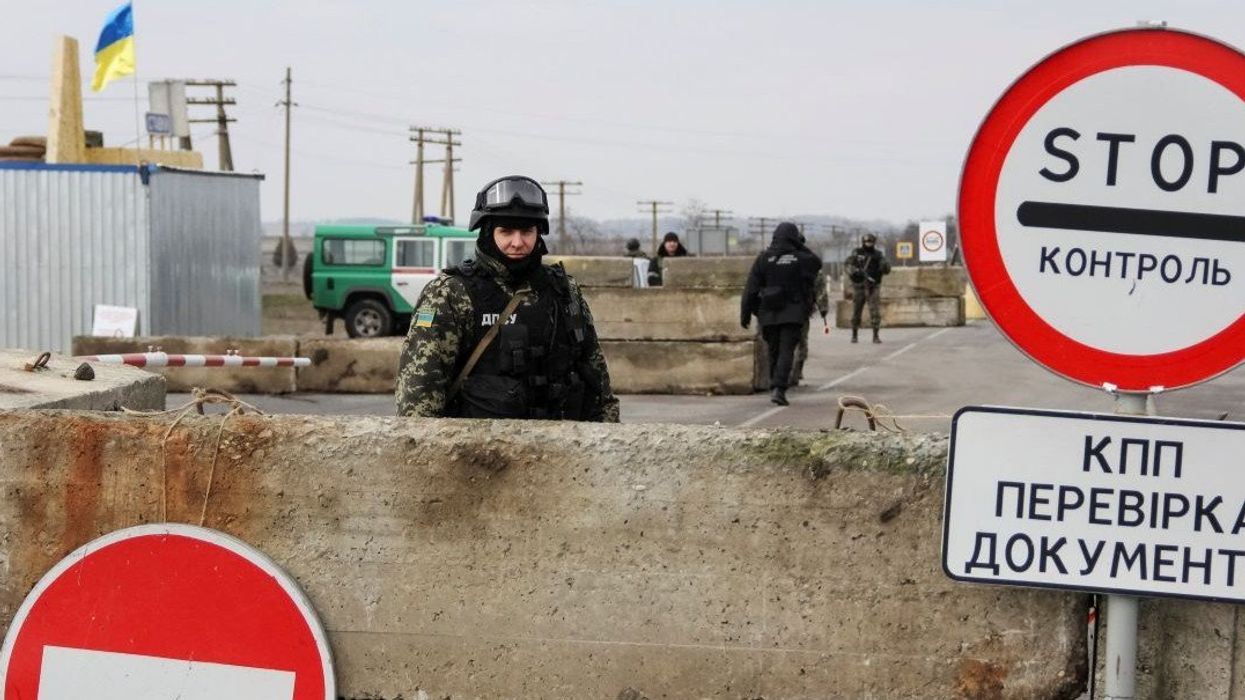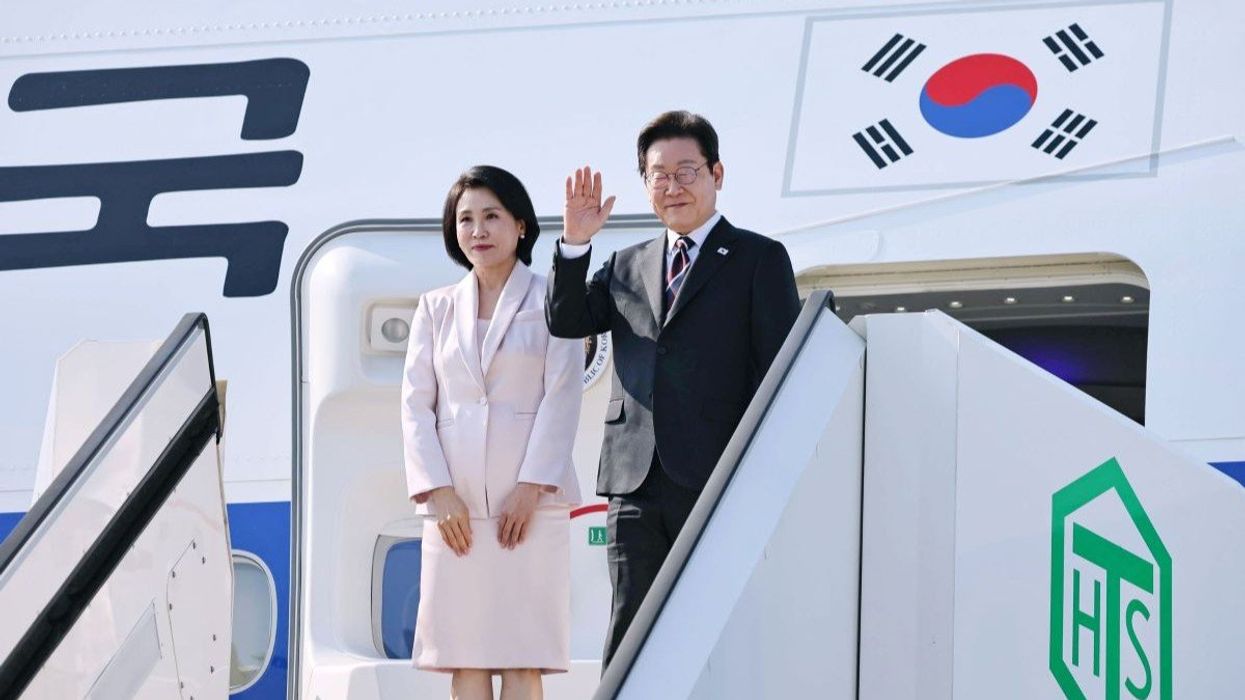Hard Numbers
Hard Numbers: China’s mass military purge, Louvre director quits, South Korea’s fertility rate inches up, Trump’s record SOTU speech
100: The estimated number of senior officials who’ve been sidelined or have disappeared from China’s military since 2022, according to a study released on Tuesday.
Feb 25, 2026
